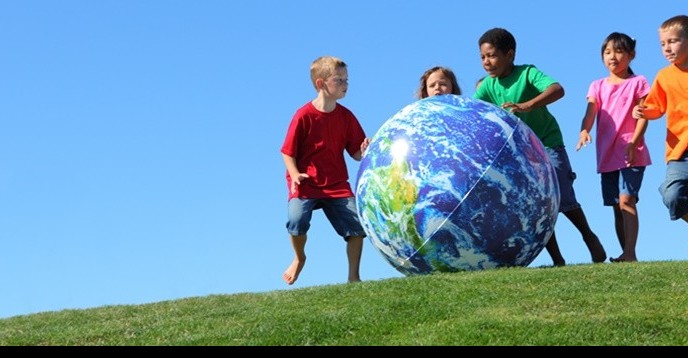International Day of Education
The proclamation of January 24 as International Day of Education by the United Nations General Assembly in 2018 highlights the importance of education in the development of individuals and peoples. Its next celebration will take place on January 25, under the theme "Recovering and revitalizing education for the COVID-19 generation", which refers to the serious consequences caused by the closure of schools in a large number of countries, jeopardizing the progress made to date and making it visible in countries like Spain, the existing digital gap, continued by the resource of the semi-presence (in which the students follow from home the classes one or several days a week) in some educational centers or to the situation of vulnerability numerous families of the Cañada Real or of so many other spaces that do not meet the conditions of habitability.
This situation is completed with the following data provided by UNESCO: "258 million children and youth still do not attend school; 617 million children and adolescents cannot read and do basic math; less than 40% of girls in sub-Saharan Africa complete lower secondary school and some four million children and youth refugees are out of school" , which would lead us to talk about lost generations that will have increasingly difficult access to formal education, to which we can add the 750 million adults who are illiterate. All of these circumstances highlight the lack of opportunities for a large number of people who are condemned to poverty and marginalization, leaving their integral human development far behind to eliminate inequalities.
Education is the fourth of the Sustainable Development Goals of Agenda 2030, which aims to ensure inclusive, equitable and quality education and promote lifelong learning opportunities for all people. The Director-General of UNESCO, Audrey Azoulay, declares that it is "the cornerstone" on which the other ODS are based, and it is therefore essential that States and international solidarity make commitments to promote access to quality education for all.
Saint John Paul II has already expressed the need for education to become a priority for States, which must allow "the necessary conditions to be created for the promotion of concrete persons, through education and training in true ideals, as well as the 'subjectivity' of society through the creation of structures of participation and co-responsibility" (CA, 46). In other words, education not only achieves individual development, but also constitutes a fundamental pillar for the creation of a society that is in solidarity, fair and fraternal.
Benedict XVI, in his message to the Diocese of Rome on the urgent task of education in 2018, stated that "only a reliable hope can be the soul of education. And he continues to reaffirm that the consequence of education does not fall on the individual, but on the collective: "Hope that is addressed to God is never hope for oneself alone, it is always also hope for others; it does not isolate us but renders us supportive in goodness and encourages us to educate one another in truth and in love". We are not only the sum of people, but we are part of a common house that asks us for respect and responsibility.
In February 2019, Pope Francis raised the importance of achieving a global educational pact: "Never before has there been such need to unite our efforts in a broad educational alliance, to form mature individuals capable of overcoming division and antagonism, and to restore the fabric of relationships for the sake of a more fraternal humanity". The consensus of all political and educational actors is the only way to guarantee quality education and that all people have access to it. Only then will it be possible to achieve the development of people and countries, and that none will be left behind to end the culture of discarding. This pact begins to materialize with concrete actions, such as the presentation of Mission 4.7 last December 16 at the Vatican, and which Pope Francis defines as an "act of hope that looks from the present to the future". Once again hope accompanies education on the path to achieving a change of paradigm centered on personal conversion and a culture of care.
Mª Cruz Hernández, Justice and Peace Albacete-Murcia

